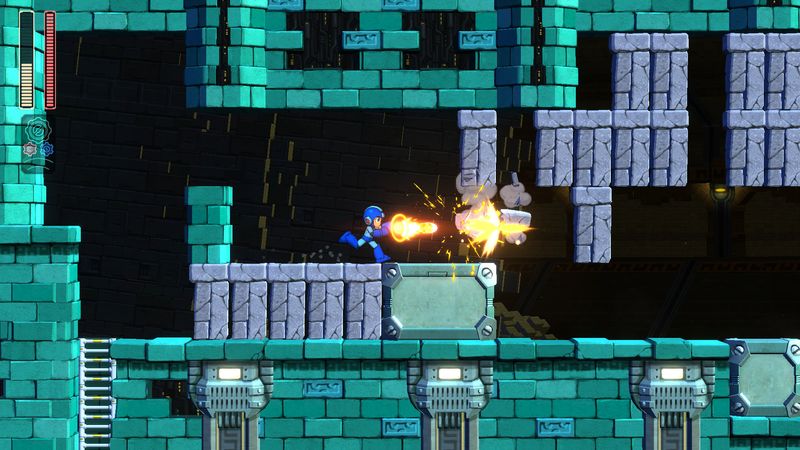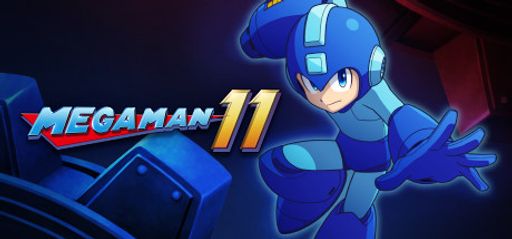Few franchises carry the nostalgic weight of Mega Man. From its NES roots to countless spin-offs, the Blue Bomber balanced tight platforming with inventive boss battles. After eight years away from the numbered series, fans wondered if Capcom would revive him in modern form. Mega Man 11 delivers—mixing classic side-scrolling action with a 2.5D style and a new mechanic that pushes the formula forward.
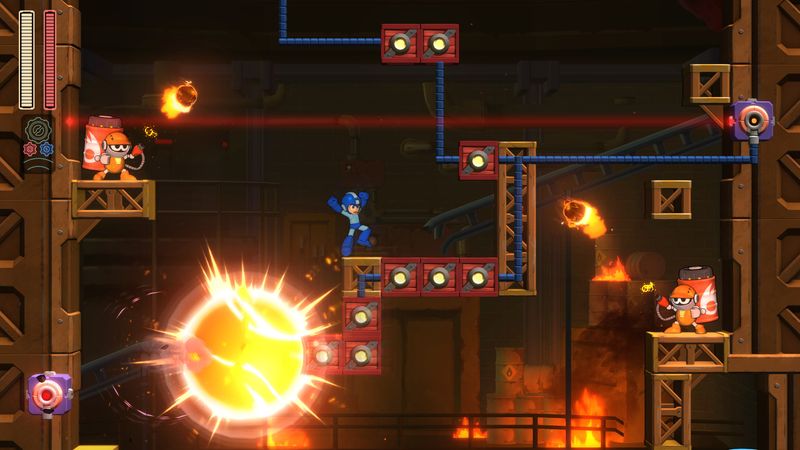
Overall Impressions
I raised an eyebrow when Capcom promised “a bold new entry” and “fresh visual style.” Marketing lines like that often disappoint. Yet Mega Man 11 preserves the core DNA that made boss fights memorable. It doesn’t hit the series peak, but it steps beyond the pixel-perfect shadow of its 8- and 16-bit predecessors. The Double Gear system adds spice, even if it sometimes feels like a cheat. Players chasing nostalgia with a modern sheen will find much to enjoy, while those expecting radical reinvention may find it safe.
Gameplay Mechanics
Capcom sticks to its trademark 2D precision—tight platforming, well-timed jumps, and the iconic charged Buster “click.” The Double Gear system adds tactics: Speed Gear slows action for dodging, while Power Gear supercharges blasts. Some find Speed Gear overpowered, turning boss fights into slow-motion events. Still, clever Power Gear use in multi-phase fights, like Torch Man’s, shows satisfying balance between skill and strategy.
Not all mechanics shine. The shop and upgrade menus frustrate—buying multiple E-Tanks means endless confirmations. Challenge stages also stumble. Bounce Man’s level trades sharp platforming for chaotic ricochet gimmicks that frustrate more than entertain. These flaws hold back an otherwise sharp return.
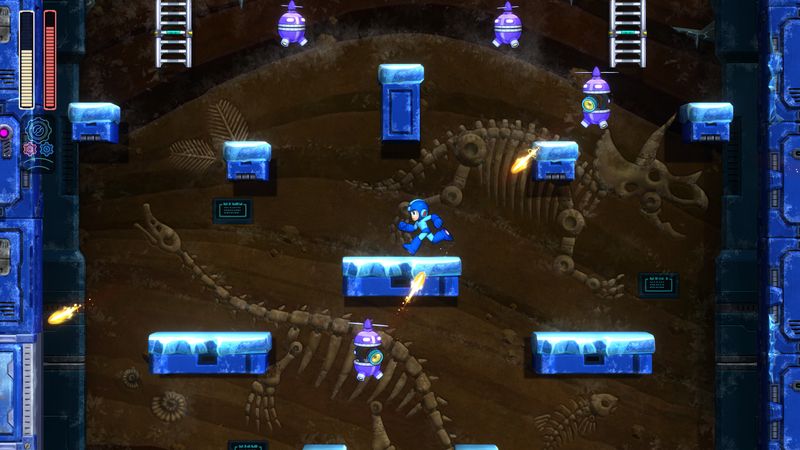
Story and Characters
Don’t expect deep drama. Dr. Light and Dr. Wily’s rivalry returns, but the plot rarely goes beyond “beat the robot masters, then Wily.” Proto Man and other cameos are absent, a loss after Mega Man 10’s extras. The new robot masters fit their elemental tropes but lack personality. Playing felt less like being a key figure in a saga and more like running a predictable gauntlet.
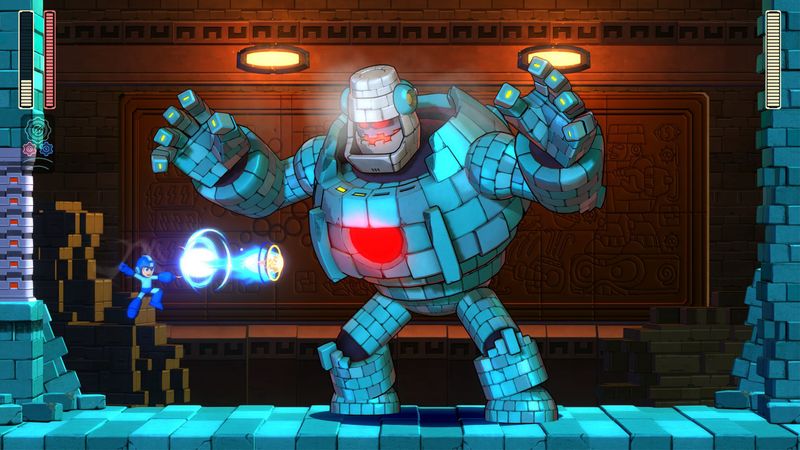
Visuals and Graphics
For the first time, a numbered entry goes full 2.5D. Crisp 3D models and animated backgrounds shine, especially with Power Gear’s lighting effects. Capcom’s internal team, known for Monster Hunter and Resident Evil, showed flair. Yet not all stages impress. Bounce Man’s level looks like an empty gym, and some dusty backdrops feel pasted on. Still, Mega Man’s sharper sprite and layered parallax scenes prove modern engines can blend well with classic style.
Sound and Music
Composer Ippo Yamada and sound director Yasuyuki Suzuki aimed for modern rock energy, but many tracks fade into background noise. The drums and guitars lack the punch of Mega Man 2’s riffs or X’s heavy themes. Worse, sound effects overpower the music—Mega Man’s death cry is mixed as loud as every other effect. Still, the voice acting is competent, and the classic “got item” jingle delivers nostalgia.
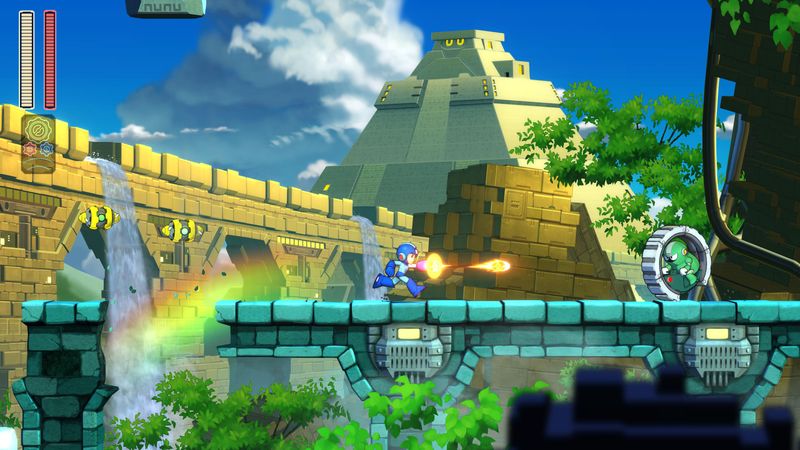
Difficulty and Replayability
Capcom quietly rebranded their difficulty tiers—Normal here feels like a past Hard mode, and Casual is actually forgiving enough that you can barrel-rush most bosses without breaking a sweat. Use Double Gear recklessly and you’ll steamroll through entire stages; skip it and the bosses will chew you up on a rollback. The absence of extra playable characters or time trials beyond speed-run leaderboards means your main incentive to replay is shaving seconds off your best run. For die-hard collectors, the challenge stage paths unlock concept art and music tracks, but newcomers may find the post-game light on variety.
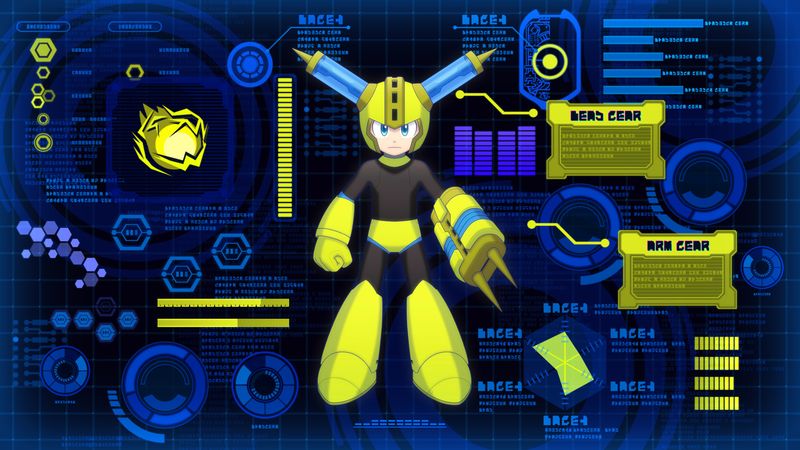
Trivia & Behind-the-Scenes
Mega Man 11 revitalizes the classic series as the first mainline entry in six years, bringing a modern twist with full 3D models replacing traditional 2D sprites. Developed by Capcom’s internal “Team Red Ash,” a subtle nod to the company’s scrapped 2015 Kickstarter rumors, the game blends innovation with legacy. Composer Ippo Yamada carefully revisited decades of iconic Mega Man soundscapes, creating boss themes that echo the spirit of MM1–MM8 while remaining fresh and original, ensuring the soundtrack feels both nostalgic and new.
Final Thoughts
Mega Man 11 waltzes the tightrope between old-school charm and modern polish. Its Double Gear system can feel like a party trick rather than a fully realized challenge driver, and a handful of stages suffer from uninspired art or design. The story is perfunctory, and the soundtrack rarely demands your full attention. Yet when the pace clicks—when you charge a Power Gear shot at exactly the right millisecond—you’ll feel the spark that first made Mega Man one of gaming’s most enduring mascots. I won’t claim it’s the blue bomber’s finest hour, but it’s a respectable encore that most fans will enjoy—preferably on sale.
Rating: 3.5 out of 5 stars
